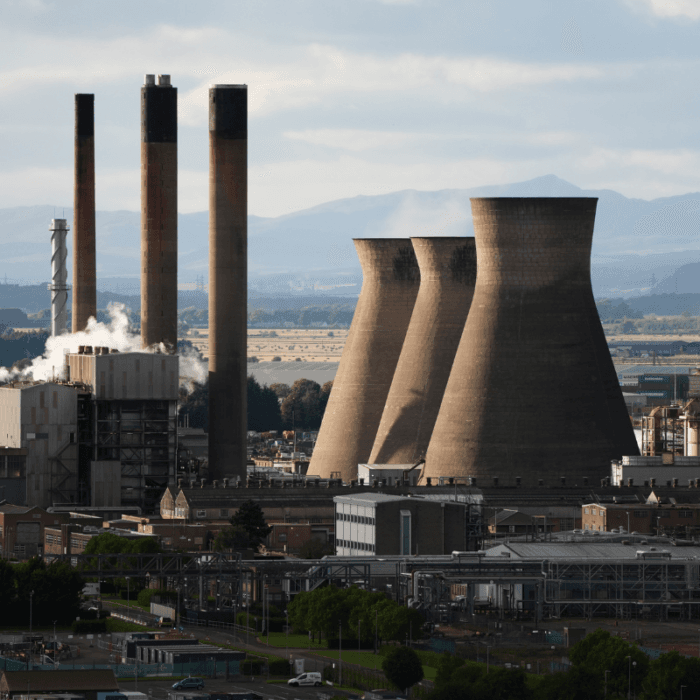The government must do more to help North Sea oil and gas workers during the energy industry’s transition from carbon-based fuels to renewables, MPs have heard.
Blackman cautioned that this could lead to a critical skills shortage in her constituency, which could impact the government’s plans to expand the UK’s renewable energy sector.
She said: “We are at a tipping point. The risk is that these highly mobile, highly paid oil and gas workers will go abroad.”
The MP explained that these workers have high levels of skill transferability, and as drilling processes vary little around the world, they could find well-paying jobs abroad, such as in Dubai.
This scenario is not hypothetical, according to Blackman, citing responses to an energy transition survey which she said showed that “a significant percentage of these people are moving to postings abroad either within company or in other companies.”
The MP for Aberdeen North urged the Labour government to do more to protect jobs and communities in this transitional phase.
Struggle to Find Skills
Blackman added that a potential exodus of skilled North Sea workers would be difficult to replace.She said: “Companies are struggling to find people with the skills they need, whether in oil and gas or offshore renewables. The people who will be building offshore renewables will be working three-on, three-off shifts, in the same way that oil and gas workers do.
“It is really difficult to adjust to life on three-on, three-off shifts—it is not easy for workers to change their lives and ensure that someone is home looking after their kids if they have a family. Oil and gas workers have that transferability, because their lifestyle is already set up to do that.”
Grangemouth
MPs from across the political spectrum echoed Blackman’s concerns about safeguarding jobs and supporting communities during the transition to renewable energy.Leishman said: “The fate of the skilled workers of the oil and gas sector hangs in the balance, and nowhere more so than in Grangemouth in my constituency. Once known as Scotland’s boomtown, Grangemouth has refined oil for more than a century. The refinery has been a generational employer for local families—a destination that has provided transformational opportunity for local people.”

The Labour MP warned that “jobs will be lost, and the new energy industries are just not ready.”
Planning
Responding on behalf of the government, energy minister Michael Shanks said: “The truth is that we should have been planning for this transition a long time ago.“My driving purpose in my role is ensure that we do not make the same mistake again in the wider North sea sector.”
Shanks added that the government’s “clean power mission” is not just about decarbonising the grid, but creating jobs in manufacturing and the energy industry in the communities that members had mentioned.
The debate came ahead of Prime Minister Sir Keir Starmer announcing a £300 million investment in offshore wind supply chains, which he said will support the creation of jobs and revitalise the UK’s industrial heartlands.
Starmer said on Thursday: “Delivering the Plan for Change means winning the race for the clean energy jobs of the future, which will drive growth and help us reach clean power by 2030.
“That is why I am bringing forward much-needed investment in our domestic offshore wind supply chains, strengthening our security and creating good jobs for our welders, electricians, and engineers.”







